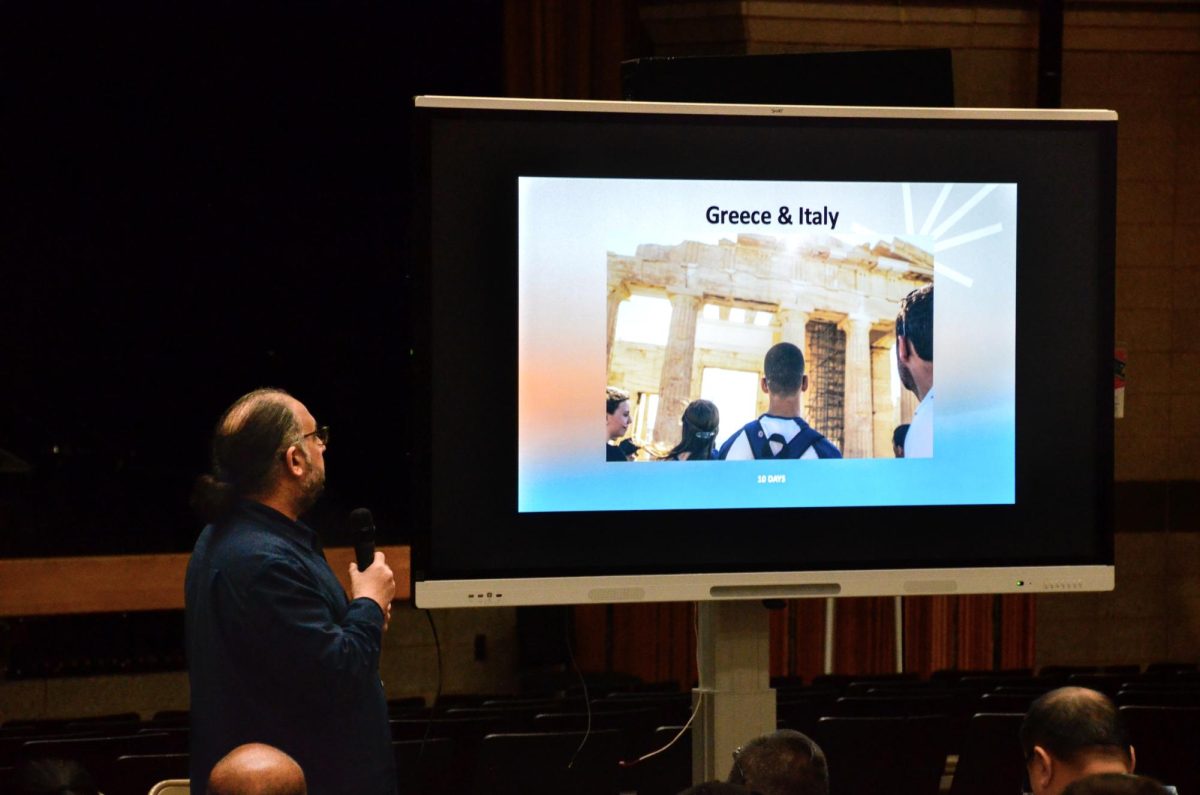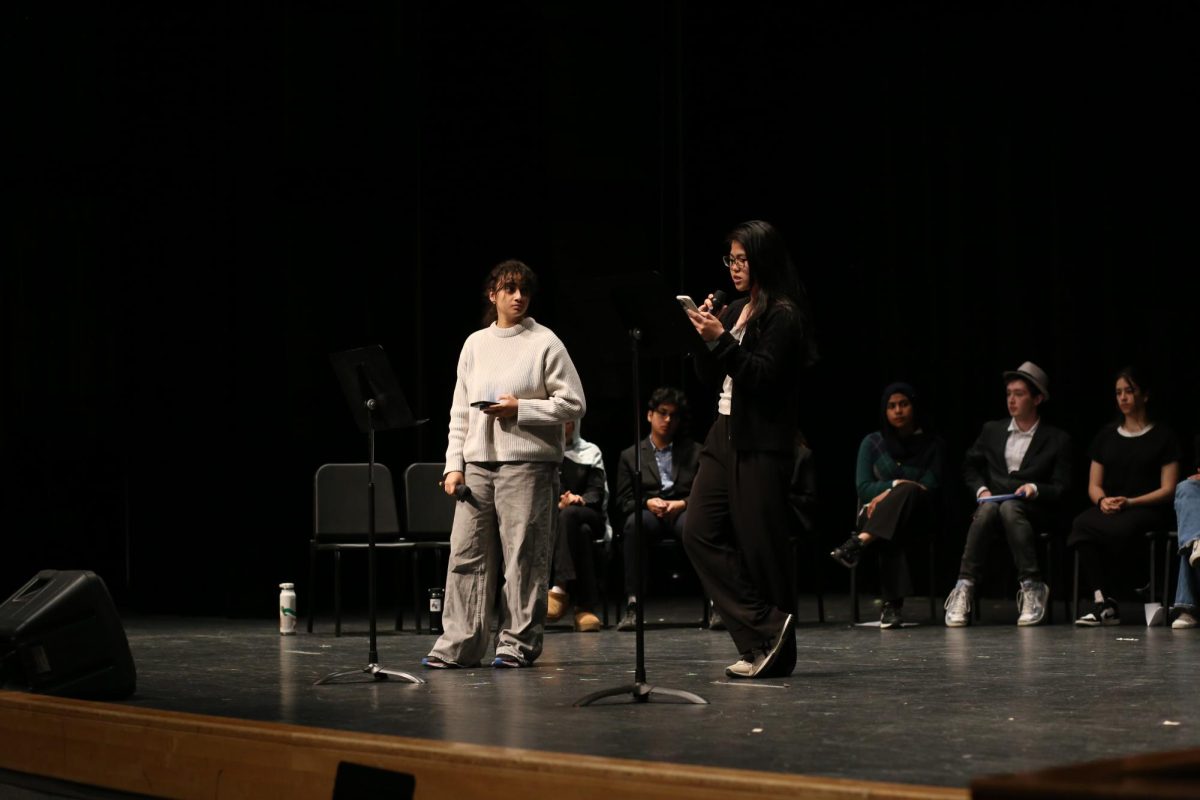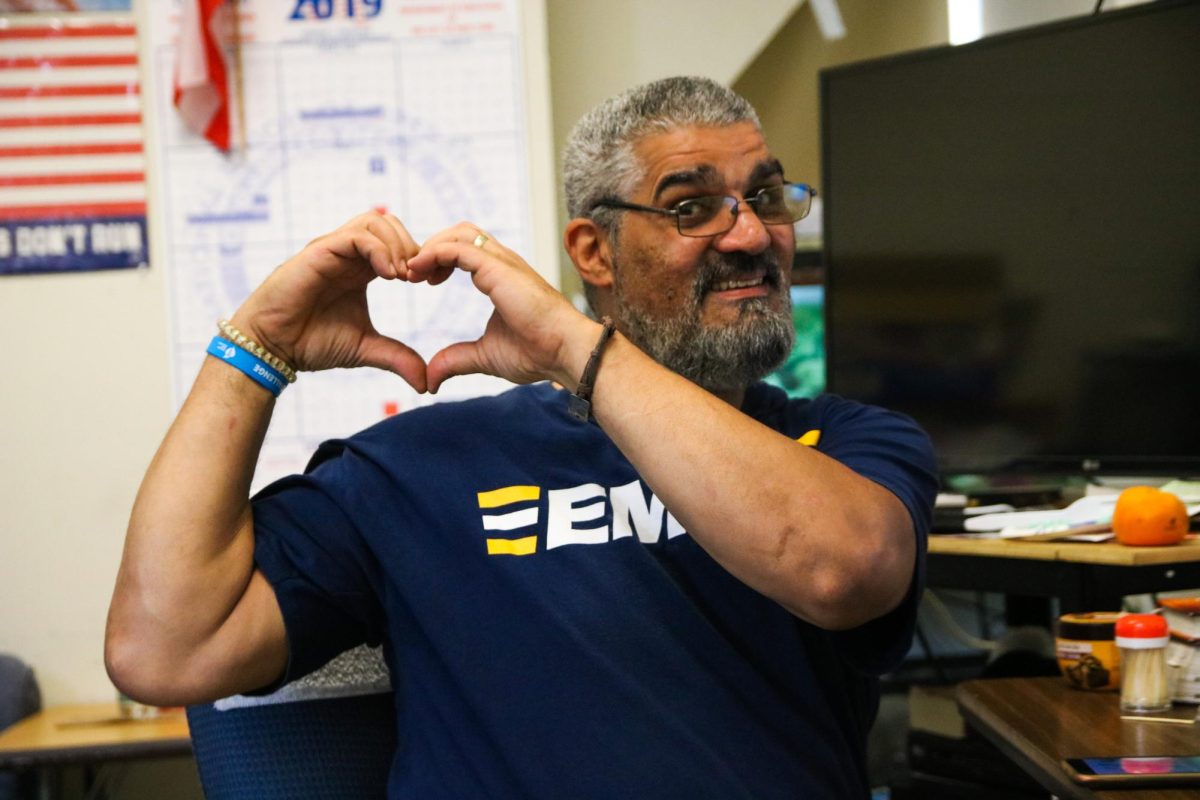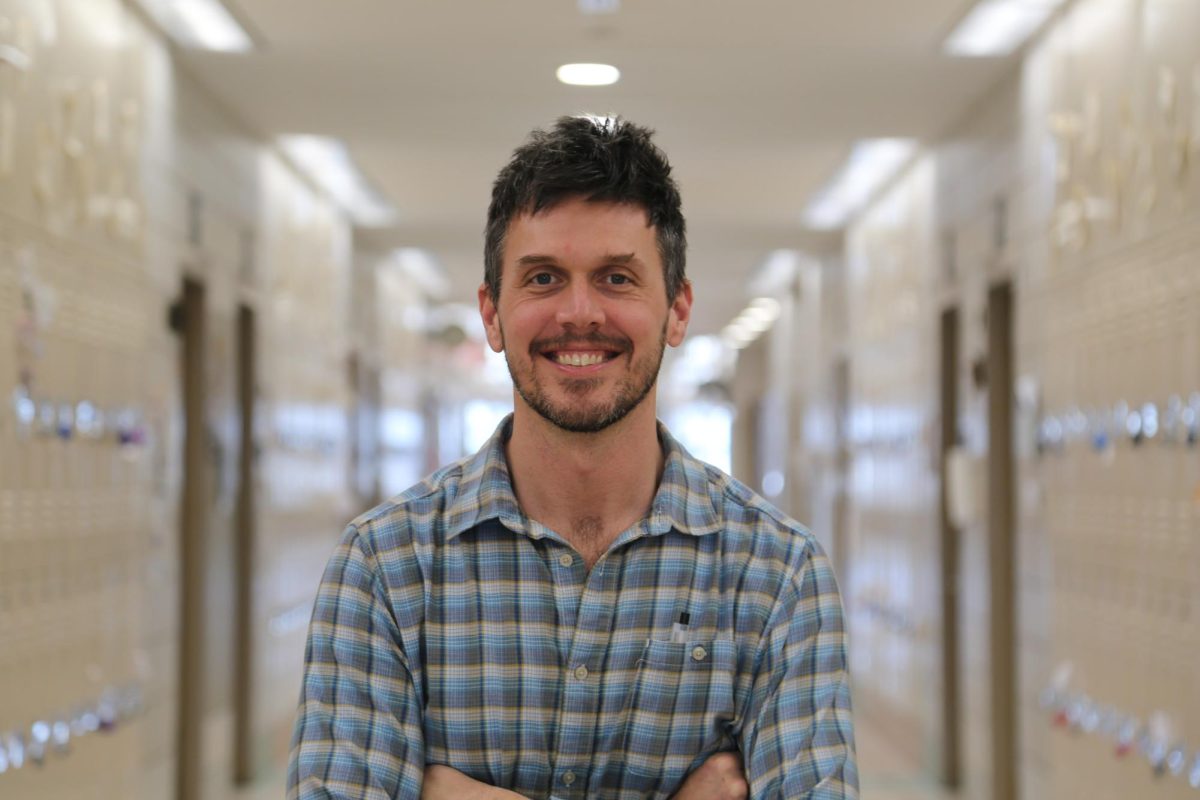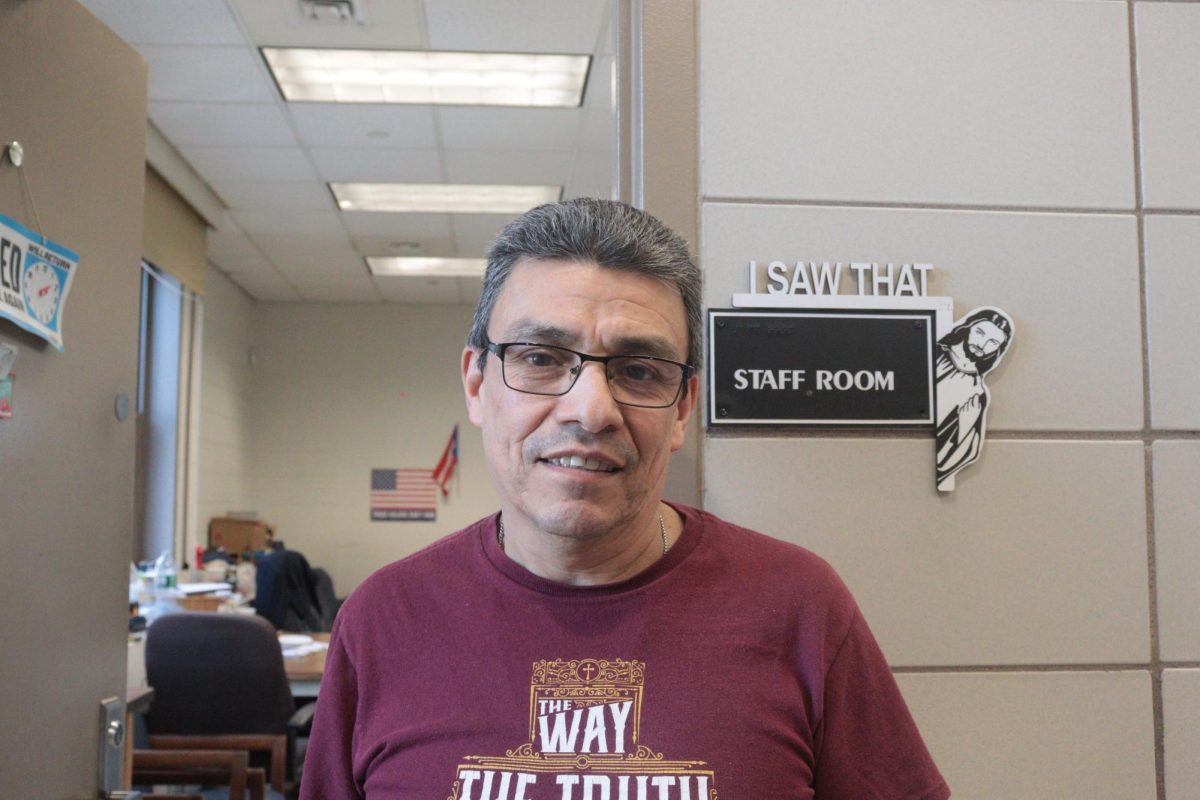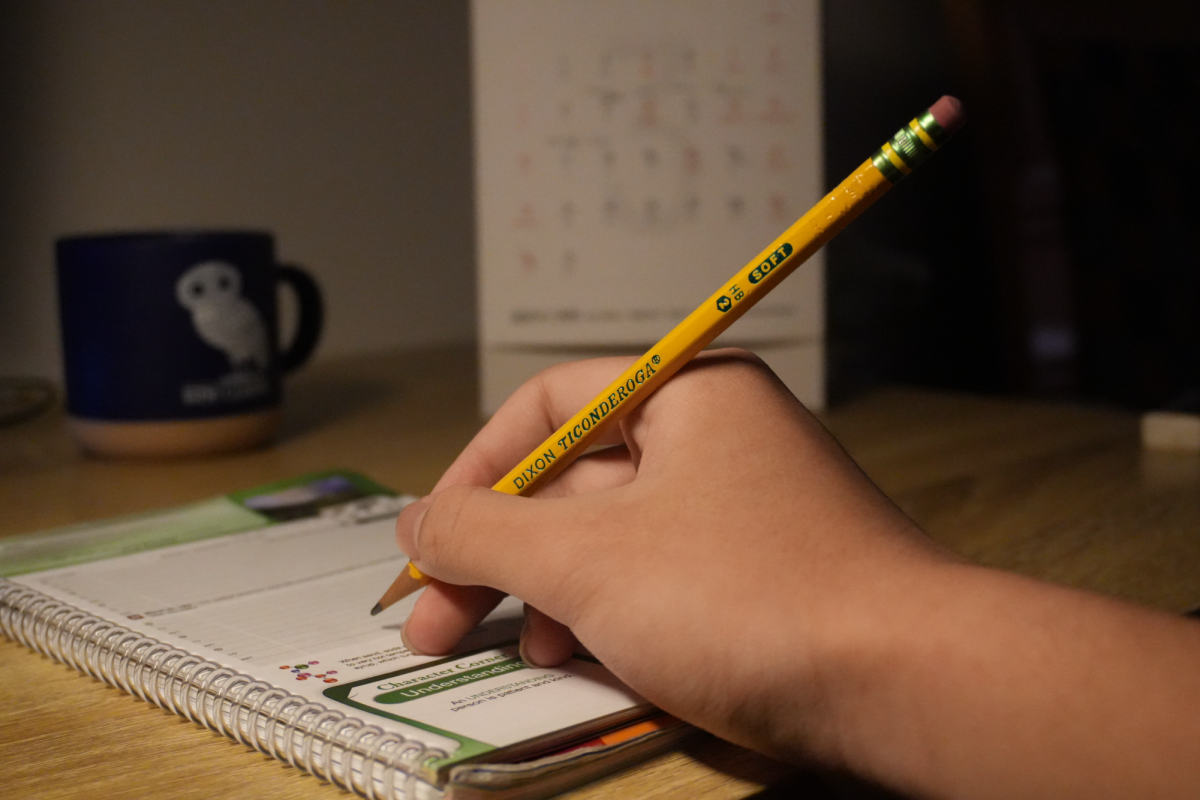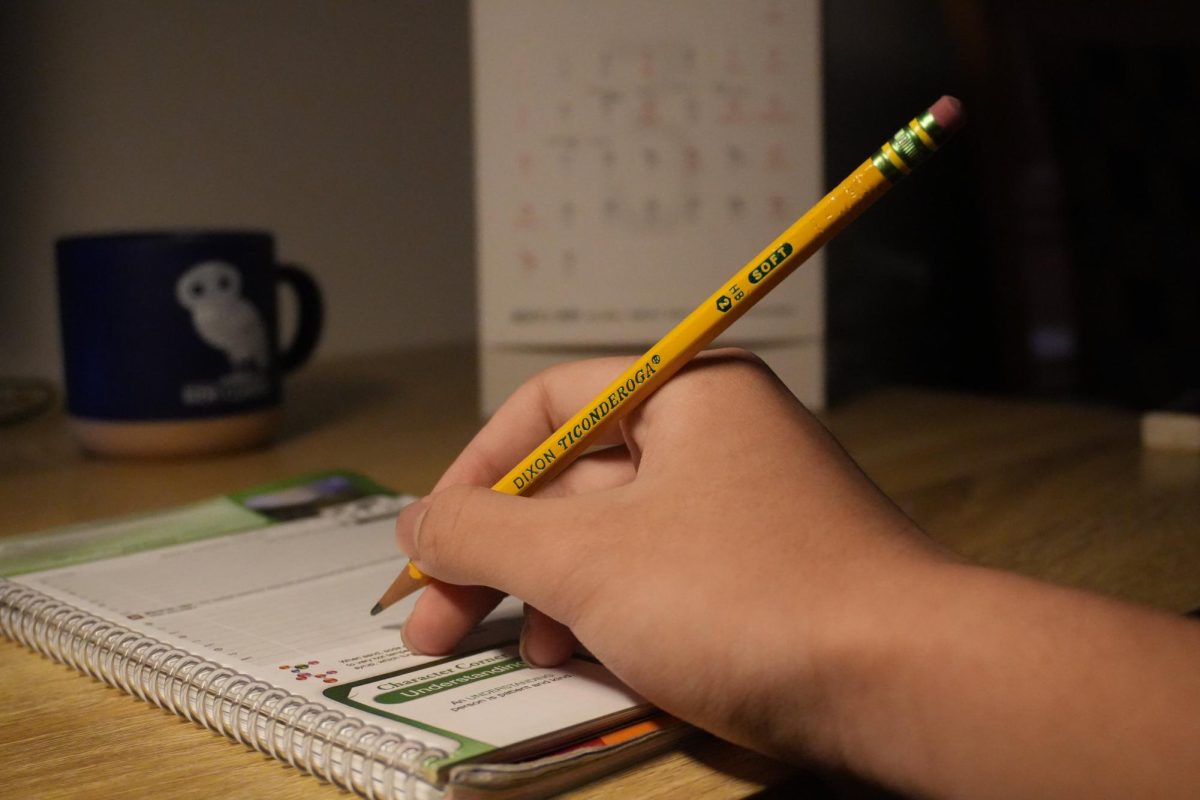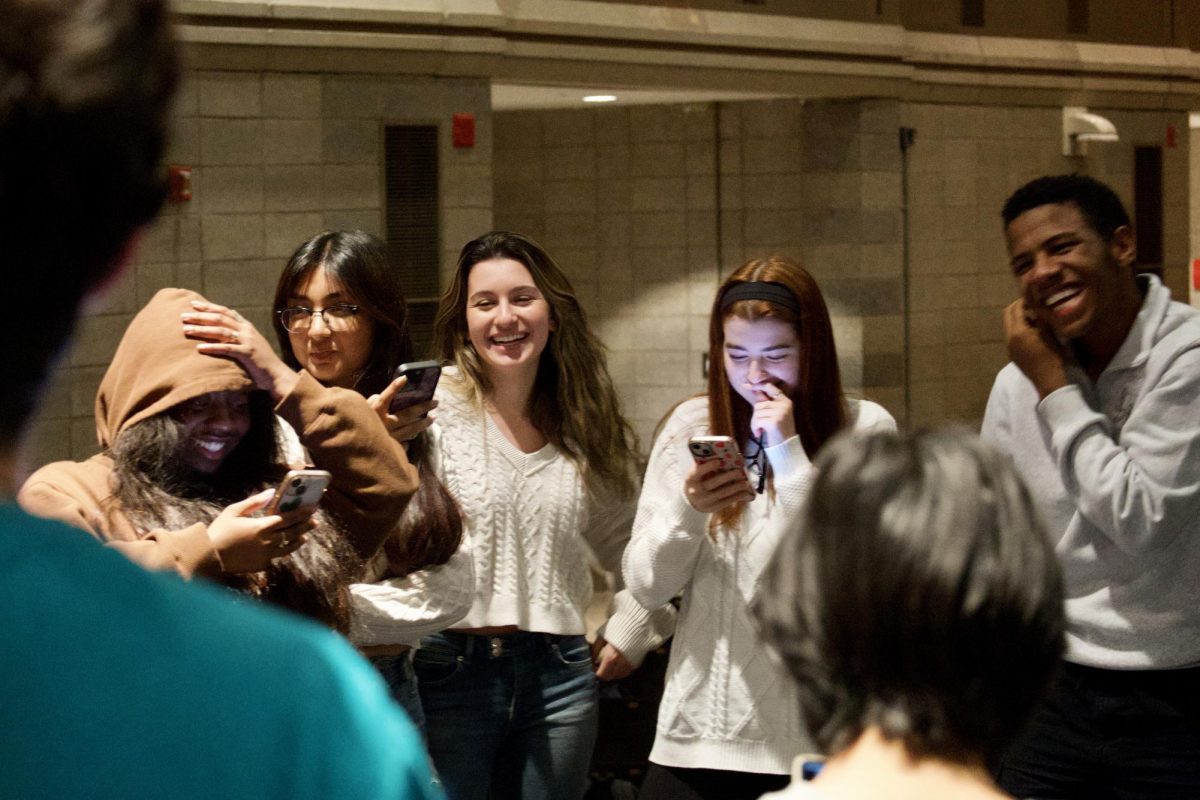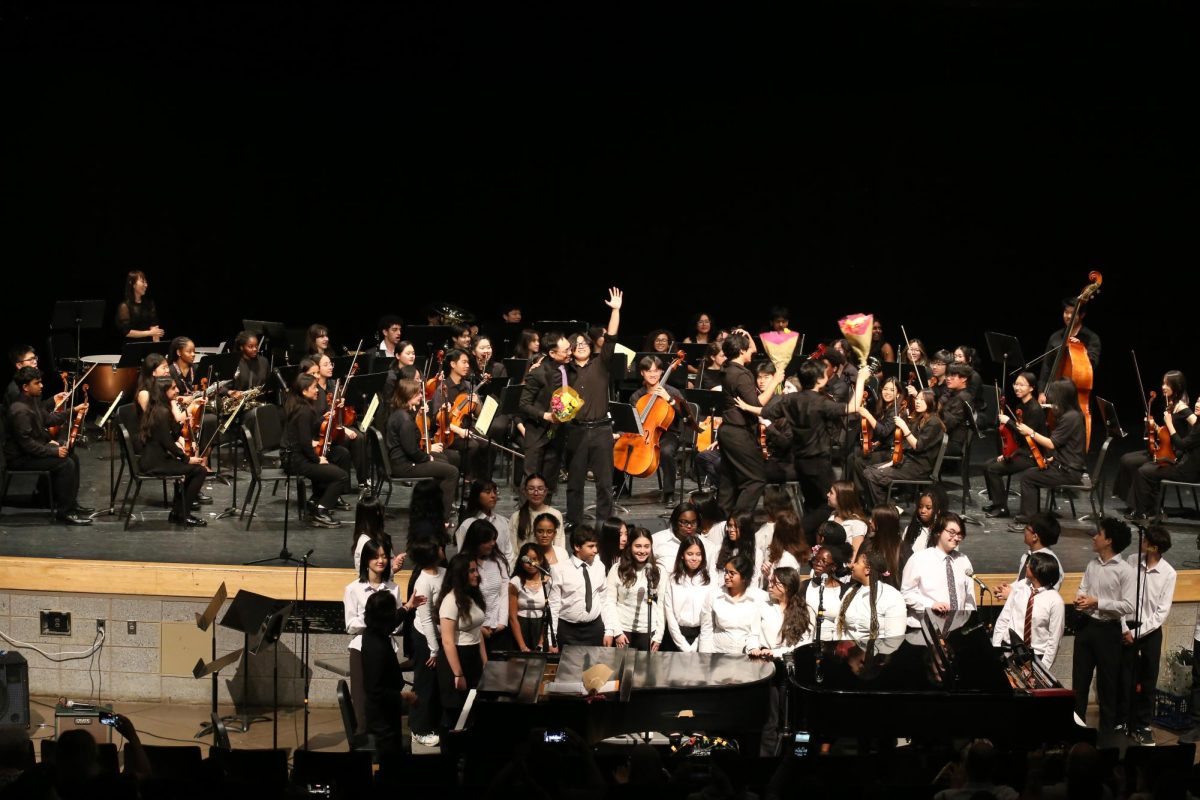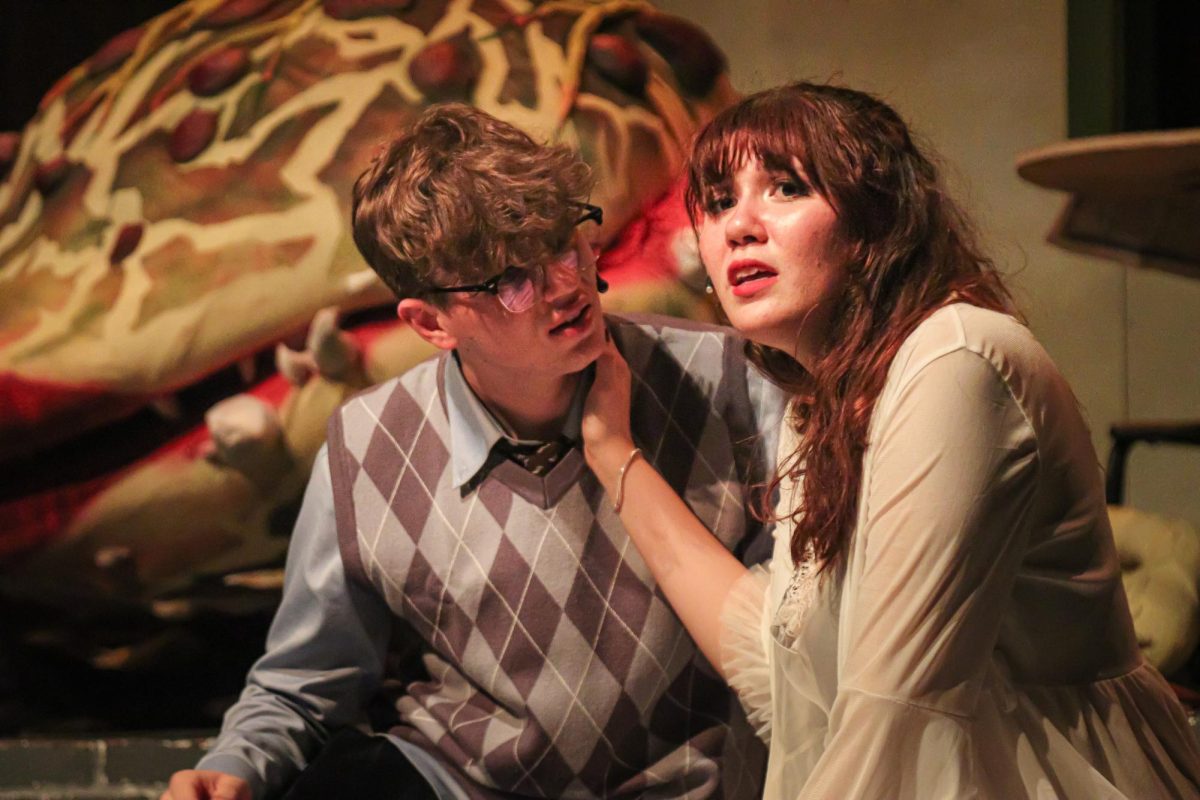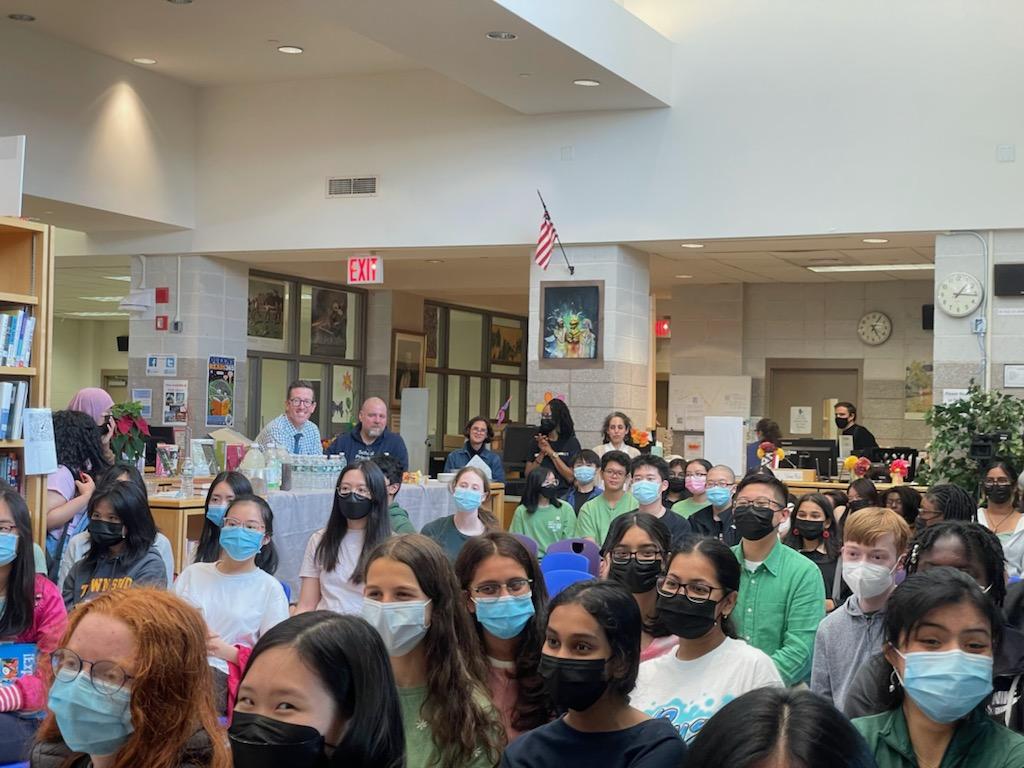
On Friday, May 20th, linguist, bestselling author, Opinion writer for The New York Times and Columbia University professor John McWhorter visited Townsend Harris for a special lecture entitled “English is Getting, Like, Nicer?” which was followed by a Q&A session with students and teachers in the audience. Organized by the International Relations and Linguistics Club, this event had an unexpectedly robust turnout, hosting both interested students and humanities teachers.
At the talk, Mr. McWhorter discussed the common misconceptions around English slang and youth speech in general, particularly how slang is a sign of growing complexity in a language rather than a simplification of it. With the primary example of the word “like” and its evolving uses (as introduced in the title of the talk), McWhorter delved into the idea that new uses for a word, such as a filler, are not necessarily making the English language less complex. Rather, words such as “like” and “totally” have been used increasingly often in recent decades to engage with the listener’s viewpoint, trying to make sure a point is clear and understood. The use of “like” does not necessarily mean that the speaker is unsure of what they are saying, but instead that they want to dispel any misconceptions about their meaning. For example, when a speaker lists off, “There was like a whole family there, like grandparents, like cousins,” the use of “like” is meant to emphasize the precise meaning of “whole family,” Mr. McWhorter explained.
In a similar vein, Mr. McWhorter discussed uptalk, or the practice of adding a questioning intonation to the end of phrases when recounting something. Contrary to the conventionally understood implication of this, which is, not dissimilar to the use of “like” traditionally, that the speaker is unsure of what they are saying, this is in fact meant to check if the other person is listening, once again demonstrating how these developments in language are reflective of a greater attention to others in our everyday conversations.
McWhorter also touched on pronouns and their shifting use over time, namely the use of “they” as a singular referential, to which young people are able to adapt far more easily since grammar becomes ingrained in individuals the older they get. He also mentioned that rather than more superficial expressions of politeness and formality, both in English and in other languages like Japanese, this greater attentiveness towards others in speech is what expresses genuine cordiality.
During the Q&A portion of the talk, many students and teachers asked questions relating to world languages, their own languages, and broader cultural trends in general. From questions about how a word or language can be classified as outdated to the possibility of Mandarin replacing English as the world lingua franca, a wide variety of topics were discussed. The use of African American Vernacular English, or AAVE, among young people regardless of their race was also addressed,particularly how “Black English” is slowly becoming a nearly universally understood dialect among youth, in large part due to the influence of social media. At other points in the session, a question about the compulsive use of “um” or “uh” while public speaking provoked some laughs after participants tried and failed to avoid using these filler words.
Several humanities teachers, along with Mr. Condon and some administrators, were also present, some of whom were fans of Mr. McWhorter’s work prior to his visit to THHS. Mr. Condon later said that the school is trying to work with Mr. McWhorter and people like him to integrate aspects of linguistics back into the Writing Process curriculum. This would restore a previous practice of having a unit on linguistics, the goal of which being to prepare students for their study of Latin or Ancient Greek prior to their sophomore year.
Eliza Josephson, president of the International Relations and Linguistics club and coincidentally Mr. McWhorter’s neighbor, organized the event. Recounting how she utilized all of her teacher connections and free bands to advertise the event, Eliza said she was met with a satisfying outcome. Eliza said, “Seeing so many students ask insightful questions about linguistics really validated all of the hard work I’ve done to start my club and plan the event.” Despite not being able to accomplish all her ambitions for the club given its recent start and the ongoing pandemic, this event nevertheless demonstrated strong hope for the future of IRL, she said. “I can tell that [linguistics] may be an undiscovered passion for so many within the community; we just need events like this to unlock it.” IRL member Enzo Schulze shared a similar sentiment, saying that he thought the event went well and that he , “was expecting some people to leave randomly but that did not happen. [It] goes to show the power and efficacy of a speaker to make a broadly ‘boring’ subject into something very new enough to keep an audience quiet for an hour.”
IRL club advisor and AP U.S. History teacher Frank McCaughey said, “I truly enjoyed going deeper and learning more about something that is easy to take for granted: our language. As a teacher I loved the amount and detail of the questions that were asked. I think our students represented themselves very well.”
Photo courtesy of Eliza Josephson



